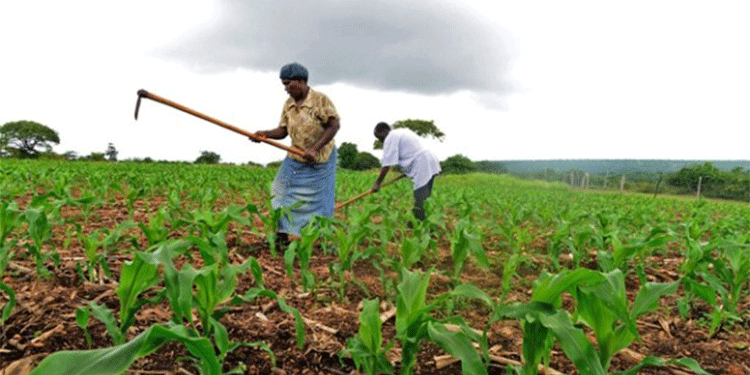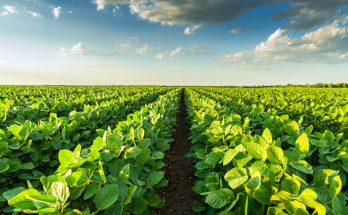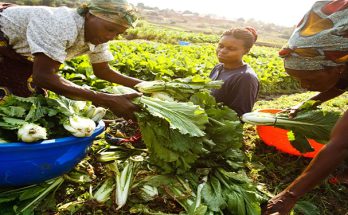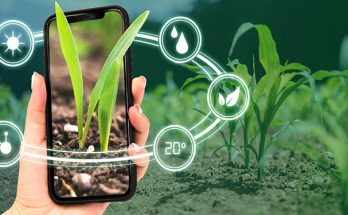 According to the African Development Bank’s president, billions of dollars will be spent to assist young people in developing a new digitally-driven agriculture model that can feed the continent’s people and boost prosperity even as the planet warms.
According to the African Development Bank’s president, billions of dollars will be spent to assist young people in developing a new digitally-driven agriculture model that can feed the continent’s people and boost prosperity even as the planet warms.
The bank and the Global Center on Adaptation announced an initiative at a global summit to support African efforts to become more resilient to extreme weather and rising seas, threats exacerbated by climate change.
Between now and 2025, the African Development Bank wants to commit half of its climate funding to the project — $12.5 billion — and collect an equivalent sum from donor governments, the private sector, and international climate funds.
Akinwumi Adesina, the bank’s president and a former Nigerian agriculture minister, told the Thomson Reuters Foundation that Africa is grappling with two issues: the economic and health effects of the COVID-19 pandemic, as well as climate shocks.
According to Patrick Verkooijen, CEO of the Netherlands-based Global Center on Adaptation, the new initiative will “put adaptation on steroids” by focusing on increased food production, climate-resilient infrastructure, youth entrepreneurship, and better access to finance.
Even as their budgets are stretched by the pandemic, African countries are allocating more financial resources to climate change adaptation, he noted.
The new Africa Adaptation Acceleration Program has two aims, according to Adesina: farmers’ access to digital services to help them cope with unpredictable weather and providing financial assistance to young entrepreneurs starting agricultural businesses.
According to Adesina, the adaptation programme aims to invest $2 billion to expand climate-smart technology in agriculture and food security, including access to digital services, which are currently only available to around 13% of African farmers.
The programme will provide climate advisory services to 300 million farmers by 2030. Expanding crop and livestock insurance coverage, as well as enhancing weather forecasts and financial services available on smartphones and other digital devices, would be crucial in protecting farmers from climate disasters, he said.
Farmers in east and southern Africa are already receiving drought- and heat-tolerant varieties of maize and wheat from the bank, boosting yields, and testing more environmentally friendly farming methods like zero-tillage in places like Ghana.
It has also pledged $6.5 billion to help Africa’s Great Green Wall project, which aims to plant and restore trees, grassland, and vegetation along the Sahara’s southern edge to keep the desert at bay and help farmers stay on their land.
The new programme, according to Adesina, aims to expand tried-and-true methods of assisting Africans in adapting to climate change.
To feed a growing population and turn farming into a thriving business rather than a “way of life,” African agriculture must become more competitive, efficient, and dynamic, he added.
He noted that the size of Africa’s food and agriculture market is expected to exceed $1 trillion by 2030, a threefold increase in two decades that will present far greater business opportunities.
“Anyone who wants to be rich in Africa is not going to get rich out of oil and gas — they are going to get rich out of agriculture,” he said.



